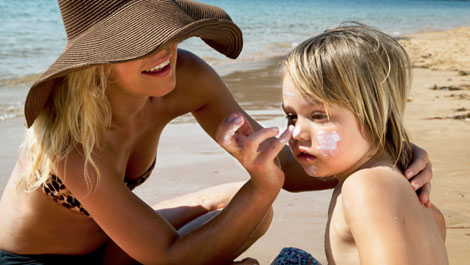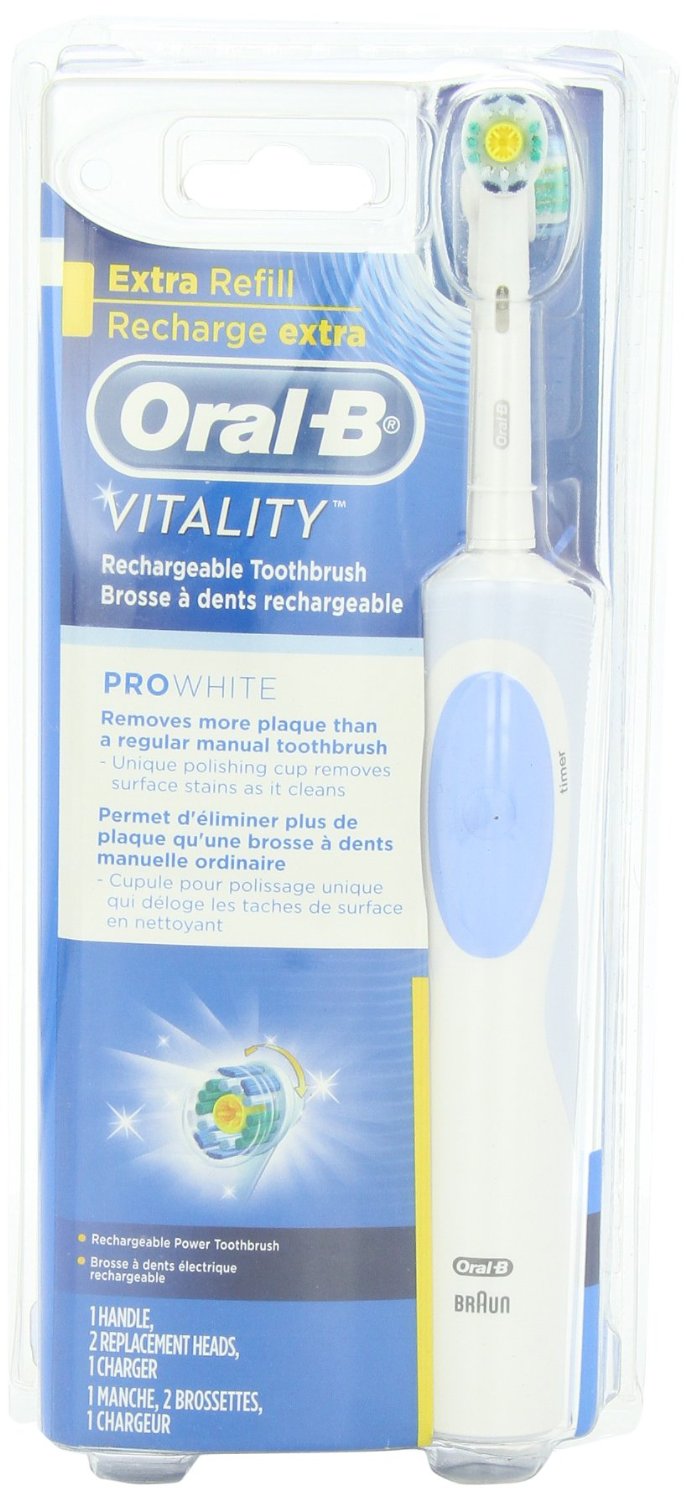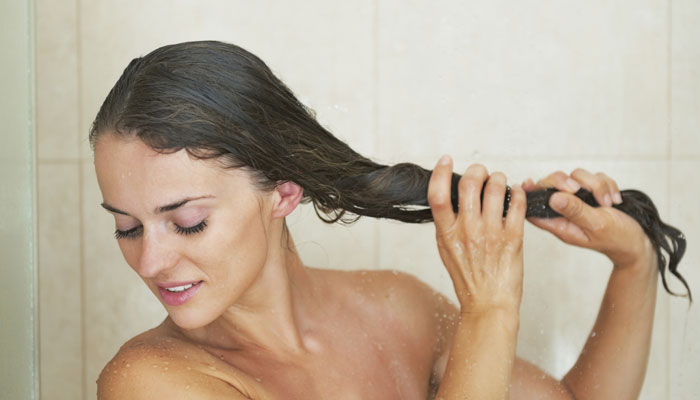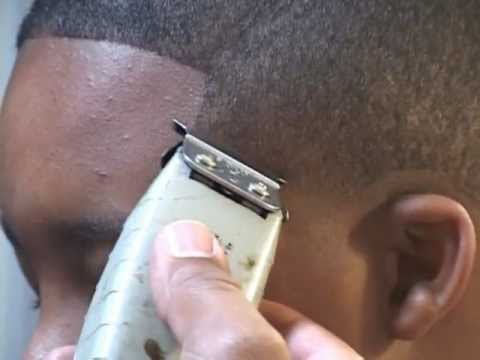Look for “nonacnegenic” or “noncomedogenic” on the label (less likely to cause acne or clog pores).
The Truth about Skincare / Dermatology / Wrinkles
People spend lots of money on skincare: anti-wrinkle creams, cleanses, exfoliating scrubs and masks. But the truth is, apart from the lifestyle changes of not smoking and limiting sunlight (the most important factors of skin damage according to WebMD), the most important application for skincare is daily sunscreen. (See Sunscreen for the Best Type)
Note: There is currently no evidence linking parabens to cancer. Source: FDA
Weinkle (clinical dermatology professor and spokesperson of the American Academy of Dermatology) stated that using every face wrinkle cream on the market isn’t going to do much good if you don’t protect your face from sun damage, because wrinkling comes from ultraviolet light. The sun can damage your skin in as little as 15 minutes and anybody can get skin cancer, even if you’re young. Your moisturizer, foundation, or other cosmetics may already have sunscreen in it, however a separate sunscreen is always better; cosmetics are not usually broad-spectrum. However, for that extra oomph, see “Best Skincare Regimen” and “Best Night Treatment” below.
Sources: [WebMD Skin Products for Young People, WebMD Top 6 Anti-Aging, WallStreetJournal Daily Sunscreen, Webmd 23 ways to reduce wrinkles, UV sun rays go through windows, CBSNews Most Wrinkle Creams Don’t Work].
Recommended Sunscreens / Suntan Lotion
UVB is the “sunburn” rays and UVA is the invisible damage and skin ager (doesn’t cause pain/redness), but both contribute to skin cancer. 5 serious sunburns in your teenage years can raise chances of skin cancer by 80%.
Specifications:
SPF 30 or higher: SPF (sun protection factor) measures protection only against UVB rays (sunburns). SPF specifically measures: for example, if you sunburn in 10 minutes without lotion, you would sunburn in 300 minutes (30*10) when wearing SPF 30 lotion. Generally, SPF 15 blocks ~94% of UVB rays; SPF 30 blocks ~97%; SPF 45 blocks ~98% of rays; more is fine but not really more beneficial.
Broad-spectrum protects against both UVB and UVA — normal sunscreen only covers UVB. Avoid fake broad-spectrum, the real broad-spectrum with full UVA protection is more complex, ie mineral sunscreens with zinc oxide, avobenzone, and ecamsule.
Application: Wear it every day, even if it’s not sunny and even if it’s cold, as the sun’s rays can reflect off water, sand, and snow, and are present even when cloudy. Reapply every two hours. 15 to 30 minutes before exposure, followed by one reapplication 15 to 30 minutes after the sun exposure begins. Further reapplication is necessary only after activities such as swimming, sweating, and rubbing. Sun rays are strongest between 10 am and 4 pm. Sun rays are stronger at higher elevations (mountains) and latitudes near the equator.
Recommended Daily Sunscreens (Face)
A great daily sunscreen will not be shiny (like Elta MD), not be a heavy white-cast (like Blue Lizard), good for sensitive skin, and light (so can be applied with makeup). The expensive brands are not worth it unless you have skin problems, there are a lot of these brands which are $30/2oz – Shiseido, Sofina, KissMe Sunkiller, La Roche-Posay Anthelios.
Best Value: Biore Watery Gel (cheaper and more effective than Biore Watery Essence, note that the alcohol in it makes it a little drying) [Amazon]
Also – SPF-15 Lip balm can also be used.
Recommended Beach Full-Body Sunscreen
Coppertone Sport 30 [Amazon]
Recommended Beach Full-Body Sunscreen For Kids
Banana Boat Natural Reflect Sunscreen Lotion SPF 50 [Amazon] (more substantial than Aveeno and Neutrogena)
Eye and Facial Protection
Wearing a hat with a broad brim and anti-UV sunglasses can provide almost 100% protection against ultraviolet radiation’s entering the eyes.
Reflective surfaces like snow and water can greatly increase the amount of UV radiation to which the skin is exposed. [WikiSource]
There is also sun protective clothing: [WikiSource] (ie long-sleeved shirt and pants)
See Best Sunglasses, at “Best Eyewear (Sunglasses, Prescription and Computer Eyeglasses)”
Warning Against Tanning
People may like to be tan, but a tan (changing color) means damaged skin, from sun or indoor tanning. UV exposure can increase risk of skin cancer — now or later (regular tanning bed use increases risk of the deadliest skin cancer – melanoma by eight times). It can also lead to wrinkly, leathery-looking skin and spots. For a safer tan, try sunless self-tanner (either by lotion, spray, towelette, salon expert airbrush tanning, or bronzer which is a brush-on powder or cream for a quick fake tan).
Best Skincare Regimen:
In addition to using sunscreen everyday (the most important application), it can also be useful to wash your face with a facial cleanser, moisturize, and use a Retinol anti-aging cream (or Acne Medicine). Source
Morning: Face Wash (optional if you have dry skin – can just water rinse) + Moisturizer (wait until moisturizer dries) + (optional: Foundation) + Sunscreen
Before Night Sleep: Face Wash (also removing makeup) + Retinol Night Cream (use only once every few days) OR Acne Medicine + Moisturizer
(optional): At night, possibly Exfoliate after Face Wash (either periodically, or for people who feel they need it often: for oily skin 2-4 times a week, for dry skin 1-2 times a week) and wait til Exfoliant dries
Non-Product Advice: Exercise daily (good for your whole body, including your skin) and shower or bathe right after exercise. Good sleep is also healthy for skin.
Best Products for the above Skincare Regimen
Best Facial Cleanser / Best Face-Wash
When you wash your face, you remove impurities your skin’s surface; dead skin cells, extra oil, and if cleansing at night, accumulated dirt and pollutants and applied makeup from the day (which is why cleansing at night is more important than morning). Use any gentle cleanser; you do not need to spend much money in this area. Avoid harsh cleaners, acid, alkaline bar soaps (higher pH than your facial skin, clogs pores and removes good oils which cause oil overproduction), and alcohol-based or fragrance products (which can dry skin).
Frequency: Even if you do not have acne, cleanse 1-2x per day. Once at night before sleeping and, if you have acne or oily skin, also once in the morning (but most people have dry skin and only need a morning water rinse). More than twice may do more harm than good (dry skin out). However, you could face wash and moisturize after removing makeup mid-day. And if you exercise, you may want to wash your face afterward with a gentle cleanser, as sweat can clog your pores and make acne worse.
Method: Use lukewarm/warm water (hot water removes the natural oils from your face faster) and the mild facial cleanser. And be gentle — don’t scrub hard, use your fingertips to put on cleanser and wash. Using anything else or scrubbing, like with a washcloth or sponge, may irritate your skin and cause you to break out. Also, rinse off all cleanser with warm water and air dry or pat dry (not rub) with a soft clean towel / wash cloth / cotton pads. If you find your skin dries out (avoid the “squeeky clean” feeling) or gets too oily from the cleanser, try a different cleanser.
For oily to normal skin, use a clear gel or oil-free foaming cleanser like Alpha Hydrox Foaming Face Wash [Amazon] OR CLINIQUE by Clinique Clinique Wash-Away Gel Cleanser [Amazon]
If you have dry or sensitive skin, use a creamy / gentle cleanser like CeraVe Cleanser [Amazon] or Cetaphil Gentle Skin Cleanser [Amazon]
Substitute for either if you’re not sure, you can use Purpose Gentle Cleansing Wash [Amazon]
For medical grade: Glytone Daily Facial Cleanser [Amazon]
Best Moisturizer
You may think you’re too young to need moisturizer — or your skin is too oily — but all skin types need moisture. Having enough moisture in your skin prevents dryness, flakiness, acne and also wrinkles in the long run. Most cosmetics are variations of moisturizers, as moisturizers immediately reduce the appearance of fine lines by 15%–20%.
Usage: Apply it while your skin is still damp from washing or rinsing to help seal in moisture. If your skin is very oily or prone to acne, then you only require moisturizing once a day (and a lighter weight oil-free moisturizer might work better than Vaseline, so it doesn’t block your pores). If your skin is dry, it needs moisturizing at least twice a day.
Best: Vaseline [Amazon] is a simple moisturizer without any other components, great for the face and even for working under the eyes, as the thinner skin is more sensitive to irritants that other moisturizers may have. Good also as a substitute is coconut oil.
Secondary: CeraVe Moisturizing lotion (better than Cetaphil Moisturizing cream) [Amazon]
Best Night Treatment: Retinol
There are lots of night creams, ie Olay Anti-Aging Night, Aveeno, RoC, etc. But these are just heavy moisturizers, only needed if you feel your skin dries at night (and see above for Best Moisturizer). Retinol (Vitamin A) might possibly be the only medically proven ingredient that aids skincare (prevents fine line appearance instead of temporarily reduce like moisturizer), and even helps stretch marks (although lasers are probably the best treatment for those). Peptides have no evidence they reduce wrinkles, neither elastin (protein cannot get past skin layer), antioxidants Vitamin C and E have low evidence, and glycolic acid (AHA – alpha hydroxy acid) is just an unnecessary exfoliant. Retinol creams or drops penetrate the skin and increase skin cell turnover; studies have shown them to be fairly effective at treating acne, reducing fine lines and wrinkles, and reversing the effects of photoaging or sun damage. Make sure vitamin A is listed as one of the top five ingredients. Stronger retinols are sold by prescription (ie tretinoin / Retin-A).
Usage: Best nightly, as common side effects include dryness, redness, irritation, and skin peeling as well as making skin more sensitive to the sun.
Efficacy: It takes 3 to 6 months of regular use before improvements in wrinkles are seen, with best results happening after 6 to 12 months. Sources: NIH, NIH2, WebMD
Options: OZ Naturals Retinol Serum 2.5% $25 [Amazon]
OR
Retinol Serum 2.5% $19 [Amazon]
Runner’s Up (too expensive or no retinol or night cream): Estee Lauder, Paula’s Choice, Boots No7, Glytone Night Cream with Retinol, Alpha Hydrox Retinol Res-Q (also well-reviewed but only 0.15% retinol), Avene Retrinal 0.1%, RoC Retinol Correxion Deep Wrinkle Serum 0.15%, Peter Thomas Roth – Retinol Fusion PM, Skinceuticals Retinol Night
(optional) Best Exfoliation
Exfoliation is completely unnecessary, however if you feel it helps, exfoliate before the steps of using the face wash and moisturizer (moisturizer after because exfoliating dries the skin and exfoliating removes the dead skin cells that the moisturizer would be wasted on).
Skin naturally sheds dead skin cells from the top layers, called desquamation. Exfoliation, in the dermatology world, means to get rid of dead skins cells to allow new ones to replenish (by either rubbing your face to scrape them off or through chemical exfoliation). Chemical exfoliants, acids (ie hydroxy acid), peels, scrubs with micro-beads or microdermabrasion crystals or even facials / facial masks (ie Dermal Korea Collagen Essence Facial Mask), hold no scientific evidence as being more beneficial to skin, and may even damage skin. Instead, for 2 minutes either use your fingernails to scrape, or use a wash cloth or microfiber cloth (a softer alternative) to apply very light pressure using circular motions. The rougher loofah, or even better Salux Wash Cloth, is better suited for bodily exfoliation (and Konjac Sponge doesn’t work well). Make sure whatever you use is clean and without bacteria every time you use it (ie you can exfoliate and cleanse in the shower to make sure it’s clean). Signals that you’re using your exfoliant too much or rubbing to hard include: excessive dryness, irritation, redness, and sensitivity. Cheap substitutes for hydrating masks could be honey or mashed avocado.
Frequency: People who exfoliate are recommended to do so for oily skin 2-4 times a week, and for dry skin only 1-2 times per week.
Other Unnecessary Steps:
– Toner / Astringent are also unnecessary. They can dry the skin too much (can lead to more oil production) and irritate it, especially those with high alcohol content. They may be okay for specific spots on the face that are very oily.
– Body Lotion – only if you have dry skin over your body – examples Alpha Hydrox AHA Enhanced Lotion [Amazon]. For medical grade: Glytone Body Lotion [Amazon] (however not sure if these premium lotions are worth it)
– BB Cream (Beauty Balm / Blemish Balm) – Companies have been making a jack-of-all-trades cream, however, they are a master of none. They do SPF (sunscreen) well, but they’re not as effective at moisturizing, don’t have acne medication, and tend to not have many color choices. Also, with all that functionality into a single product, they tend to be thicker than tinted moisturizers. CC Cream (Color Control) is a version that is lighter but both these products don’t offer pimple protection or the best sunscreen, as you need to put a teaspoonful on your face for proper SPF and that much BB or CC cream would be thick.
– Face Brushes (for facial cleansing) seem absolutely unnecessary (ie Conair Facial Scrub Brush, Neutrogena Wave Sonic Power Cleanser, DDF Revolve 400X Micro-Polishing System, Olay Pro-X Advanced Cleansing System, Dermabrush Advanced Cleansing System, Proactiv Deep Cleansing Brush, Clarisonic Aria Sonic Cleansing Brush)
Treatments for Specific Issues
Best Pimple (Acne) Solution
Truth about Pimples: Caused by oil or bacteria or dead skin cells (or even make-up / sunscreen / moisturizers) getting trapped in the pores of your skin (what washing gets rid of), pimples develop and heal themselves in 3-7 days. 80% of people get acne, and it usually gets better when reaching their 30s. No food is proven to cause Acne, however fruits and vegetables do offer good skin nutrition. Hormones are one of the top causes of acne, especially in teens. It may run in the family (genetics) and boys are more likely to get it (due to more oily skin). Stress doesn’t cause acne, but it can make it worse, as can some cosmetics and moisturizers, hormonal changes caused by puberty or periods, and irritants such as pollution and humidity.
Prevention:
– Washing – See above.
– Use moisturizer that minimizes dryness and skin peeling if your skin is drying out from acne products.
– Regularly clean anything that comes into contact with your face (dirt and oils will stay on them), like: pillowcases, scarves, cell phone, headphones, glasses, helmet
– Avoid touching your face or propping your cheek or chin on your hands
– Stay out of the sun (especially between the hours of 10 a.m. and 2 p.m.), as sun’s ultraviolet rays can increase inflammation and redness and some acne medications may make your skin more sensitive to sunlight. See the first section regarding sun damage.
– Keep hydrated – Dehydration causes skin to dry and your sebaceous glands might go into overdrive, making your skin too oily.
– Sleep well for good skin health – Bad rest may cause dark circles, fine lines, dull skin, and other side effects
– Stop using any product if it bothers your skin or causes more acne.
– Don’t Pop Pimples: Let pimples heal themselves in the 3-7 days, as popping can lead to more pimples (the bacteria can spread on top or deeper under the skin), swelling & taking longer to heal (if bacteria spreads under skin), or even permanent scarring. Even though wearing make-up (skin-tone matching foundation, powder, or blush) to hide pimples may clog pores and cause more acne, it is preferable to popping. Use the minimum to conceal the redness. If you must pop the pimple, pop with clean fingers and a light touch, only when it’s further along and ready (white head).
Medicinal Treatment – The most common medicines for mild to moderate acne without prescription are:
Salicylic Acid (beta hydroxy acid): Helps unclog pores and dries skin. Try exfoliating between washing and moisturizer for the extra oomph with Stri-dex One a Day [Amazon]. Perform this sequence in morning at night (in morning, add sunscreen at the end).
Benzoyl peroxide: Kills bacteria, dries up oils on your skin, and allows old layer of skin peel off. Note: it’s bleach so be careful with towels and pillowcases. For people of color/African descent, use retinoids instead because they don’t dry or irritate dark skin like Benzoyl peroxide. Example: Benzoyl Peroxide: Clean & Clear – Persagel 10 $8 [Amazon]
You should see a doctor or dermatologist for acne if: It causes acne scars, embarrasses you, becomes painful, or over-the-counter/store treatments don’t work. However, light and laser therapy and chemical peels are probably not necessary, but dermatologists can give prescription medicines that are tailored to the type of acne a person has and also their skin type.
Best Eczema Solution / Cure
Neosporin Eczema Essentials [Amazon]
Bags Under Eyes
Periorbital hyperchromia – Dark circles under eyes are caused by aging (fat above/below/behind eyes for cushioning gets saggy and reveals blood vessels), or genetics (family history), or fluid buildup/retention (most noticeable in the morning). In the case of fluid retention, there are home remedies: 1) place cooled cucumber slices or chamomile tea bags on your eyes so the cold constricts your blood vessels and reduce swelling or sleep with an extra pillow so the fluid drains out of your face while sleeping.
Dandruff/Seborrhea:
Try using Nizoral [Amazon] as shampoo or even as a face wash when you shower. It’s a super expensive shampoo but totally worth it. If terribly bad you may have to add a corticosteroid or an immunosuppressant ointment (Protopic), but definitely consult a doctor first (the strong effective chemicals are prescription only).
Best Scars Treatment and Healing
Vaseline rubbed in seems to be just as good or better than Mederma (expensive and not great), Scaraway (Biodermis silicon patches – watered down version of expensive patches), Kelecote, and Scarguard. Dermarollers (microneedling therapy) seems to be backed scientifically NIHSource. However, I am skeptical.
Best Loose Skin Treatment (Source: Examine.com)
Drink lots of water, apply something like cocoa butter or coconut oil onto loose skin. Creams with DMAE (Dimethylaminoethanol) has also been found to tighten up skin.


